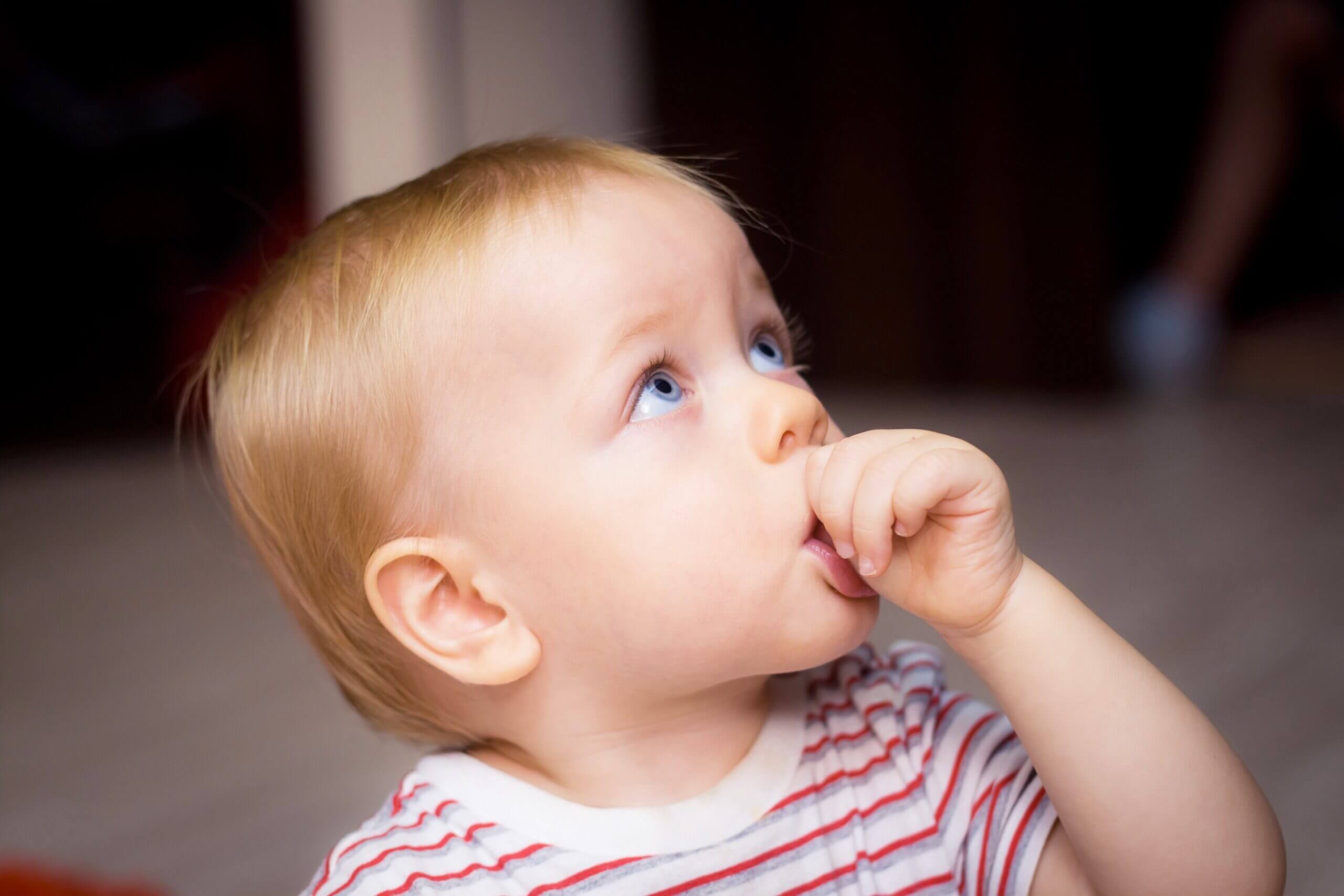Frequently Asked Questions
Teeth grinding, or bruxism, can occur for many different reasons. Some children might grind their teeth as a way to ease the pain. Some may grind because the top and bottom teeth aren’t properly aligned. Another cause can be a response to pain, such as from an earache or teething. Many kids will outgrow teeth grinding. Be sure to talk to your dentist about ways we may be able to help.
Sucking is a natural reflex and infants and young children. Sucking a thumb, fingers or other object can give a sense of security. Because thumb sucking is relaxing, it may also help a child fall sleep. When thumb sucking persists beyond the eruption of the permanent teeth issues can arise with the proper growth of the mouth and alignment of your child’s teeth. Resting the thumb passively in the mouth is less likely to impact on mouth and teeth development. Vigorously sucking the thumb has a greater impact. The ideal time for a child to stop thumb sucking is by the time their permanent front teeth are ready to erupt. Children usually stop on their own between the ages of two and four. Peer pressure at school influences many children to stop.
Pacifiers are not a safe substitute for thumb sucking. They affect the teeth essentially the same way as sucking fingers and thumbs. A pacifier can be controlled and modified more easily than the thumb or finger habit. Talk to our pediatric dentists about thumb sucking or use of a pacifier. We are here to help and support you and your child through this common issue.
- Help your child work on the things that may be making them feel insecure. Focus on the cause of their anxiety, instead of the thumb sucking.
- Provide comfort, hugs, and positive support to lessen the need for self-soothing behaviors like thumb sucking.
- Positively acknowledge and reward children when they control the need for sucking during difficult experiences like separation from their parents.
- Our pediatric dentists are happy to encourage your children to stop sucking and explain what could happen to their teeth if they continue.
- If these approaches don’t work, remind the children of their habit by bandaging the thumb or putting a sock on the hand at night.
The inside of a tooth is filled with soft tissue known as the pulp. The pulp contains the nerves, blood vessels, connective tissues, and other cells needed to maintain a healthy tooth. When children get cavities, or have tooth trauma, the pulp can be damaged. Pulp therapy can repair the damage and preserve any healthy pulp, so that your child’s primary tooth remains intact until it falls out naturally to make room for permanent adult teeth.
Pulp therapy can also be called a “children’s root canal”, “pulpectomy” or “pulpotomy”.
A pulpotomy removes the diseased pulp tissue within the crown, or top portion, of the affected tooth. An agent is then placed in the opening to prevent bacterial growth and to calm the remaining nerve tissue. As a final restoration a stainless steel cap is placed on the treated tooth.
A pulpectomy is required when the entire pulp is involved including the root canals of the tooth. During this treatment, the diseased pulp tissue is completely removed from both the crown and root. The canals are cleaned and disinfected. The cleaned structure is then filled with a therapeutic filling material. A restorative crown is placed on the tooth to protect it from further damage.

